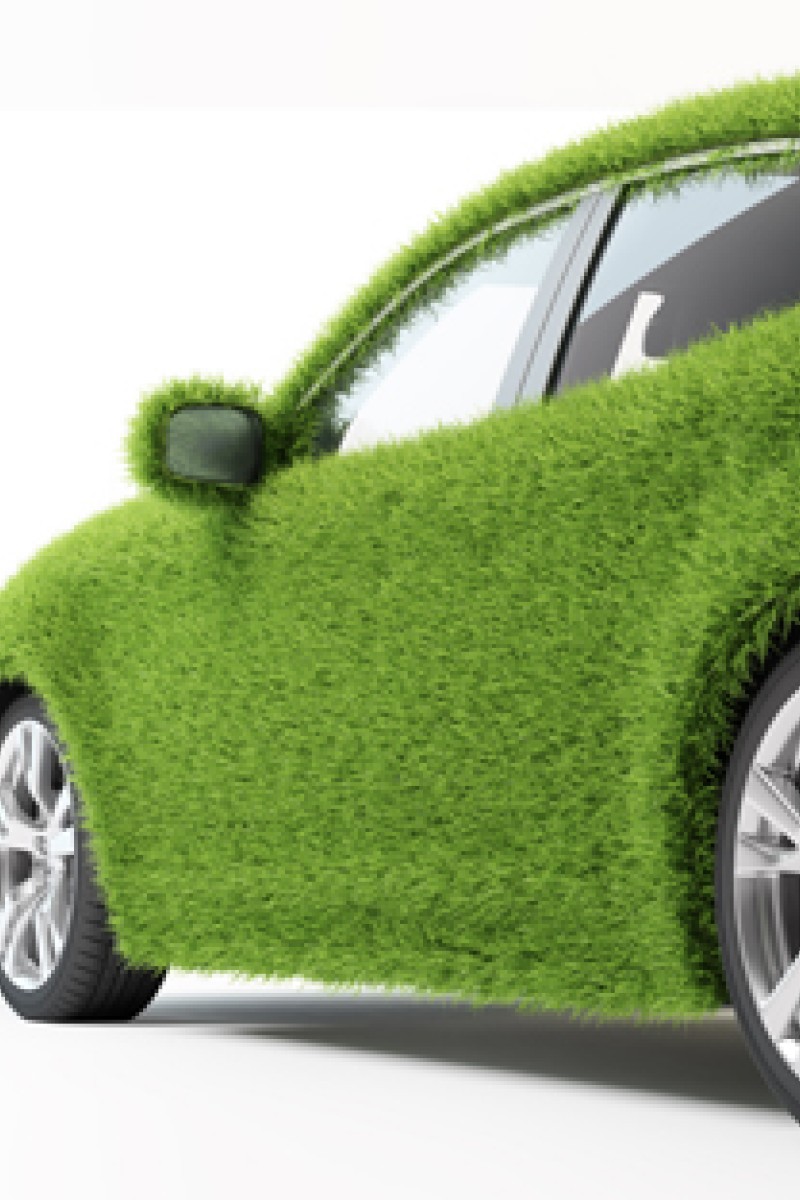
Not only does Hong Kong have the ninth-worst air quality in the world, according to the investor guidance website 24/7 Wall St, but the city is also notorious for its high fuel prices. But there is a solution to both these problems - electric cars.
Instead of burning expensive, polluting non-renewable petrol, rechargeable batteries are used to power the car; they normally only need recharging every few days at charging stations in car parks, garages, or on the streets. Hong Kong now has more than 1,000 charging stations, run by both the government and private businesses.
Some of the best known electric car brands are Nissan, Mitsubishi and Honda. But the face of the industry is Tesla, a California-based company, which combines style and environmental awareness in their chic vehicles.
These cars have gained many fans worldwide. The Nissan Leaf has sold more than 50,000 cars worldwide, and Mitsubishi has put about 22,000 i-MiEVs on the road.
To give you an idea of how much money could be saved, let's take the example of a vehicle with a 1,500cc engine. The purchase price is about HK$200,000. The price of petrol is about HK$1.40 per kilometre, and on top of that, HK$10,000 has to be set aside for servicing each year.
An electric car with the same size and power, though, costs HK$700,000, but the Hong Kong government gives out HK$290,000 subsidies to low-emission cars buyers, leaving the vehicle at a discounted price of HK$410,000.
But electricity only costs about 20 HK cents per kilometre. If you put that into perspective, with the average person driving about 24,000 kilometres per year, the difference in the purchase prices can be made up in about six years.
Consider, too, the effect on the environment. Up to 35 per cent of most cities' air pollution comes from cars. Up to 186,000 tonnes of greenhouse gases are produced by cars every year in Hong Kong. Electric cars don't pollute.
Electric cars can be charged at stations in a similar way to how regular cars can be filled up with petrol Photo: NYT
So why are there only about 400 electric cars in Hong Kong? Wilson Mok, chief executive of the Hong Kong Association of Automobiles, says: "Electric cars would be warmly received locally, as Hong Kong is a place in dire need of a reduction in air pollution."
The problem lies in the lack of infrastructure and visibility of charging stations. "Many people have shown interest [in electric cars], but they are [put off] by the charging [situation]," said Elven Leung, a senior manager with Nissan Hong Kong. Until charging stations are as easy to find as petrol stations, people won't be convinced to switch.
Another problem is the look of the cars. In Hong Kong, the main focus is on luxury and style when it comes to cars. But most electric cars, apart from Teslas, are simply not flashy enough for trend-loving Hongkongers. They are designed for utility - a strategy that may work overseas, but not in Hong Kong.
So, there are issues that must be overcome for the sake of the environment. After all, as US television talk-show host Jay Leno said about electric cars: "If this is the future, I'm not worried".
